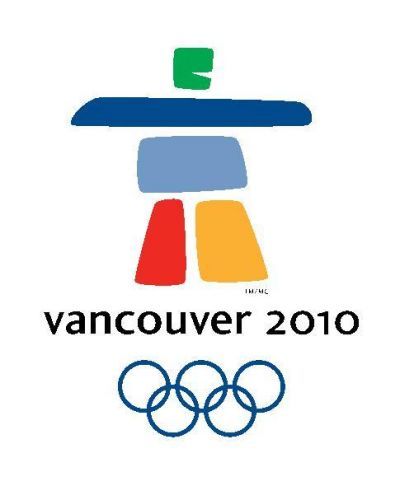Olympics/IOC: Winter Games not facing burnout, says Rogge - Interview

The Winter Olympics has a secure future despite only three candidates wanting to host the 2018 edition, International Olympic Committee (IOC) President Jacques Rogge told AFP. The number is the lowest since the race for the 1988 renewal.
But Rogge, who will oversee his last Winter Olympics as president in Vancouver next month, insisted that it was neither a result of the financial crisis nor a dive in the popularity of the Games themselves.
The 2018 trio are Korean resort Pyeongchang - second in the last two races - Munich and French outsiders Annecy.
"The situation has to do with previous bids and nothing to do with the financial crisis," the 67-year-old Rogge told AFP by telephone from Lausanne.
"There are not so many countries that can host the Games unlike the Summer Olympics. There are only 15 countries that could host a Winter Games in terms of development, expertise, geographical and climate areas.
"There are several of those that could not entertain the idea of hosting. The United States were already swept up with the Chicago bid for the 2016 Summer Games (they were voted out in the first round).
"Canada and Russia were not going to bid because Vancouver are the hosts now and Sochi will host them in 2014. Then Japan (who have hosted them before at Sapporo and Nagano) were out of the running because they, like the US, had been a contender for the 2016 Games in the shape of Tokyo.
"So its not that the product is unappealing - it's more the limited number of countries who can host them."
Rogge, a three-time Olympic yachtsman, added he was confident that there would be no repeat of the drugs scandal from the 2006 Games in Turin, which saw doping products seized from the Austrian biathlon and cross-country team.
"I have no guarantees about there being less doping, but I do hope so. The fact that the police will get involved will hopefully be a sufficient deterrent," said Rogge.
"However, in the overall scheme of things, if I rely on the experts, the World Anti-Doping Agency (WADA) and the IOC Medical Commission, and what they tell me then, yes, we are making progress.
"We are making it more difficult for athletes with more in and out of competition testing and we do not hesitate to call in the police when doping offences are suspected or take place.
"Also we freeze samples for eight years. Six of those taken from the Beijing Olympics in 2008 turned out to be positive. So that is also proving a deterrent."
Rogge said he had first become aware of the Winter Games in 1972.
"I remember the disqualification of Karl Schranz (an Austrian ski legend and who was suffering his second disqualification in successive Games) which was very controversial," said Rogge.
"My gut feeling at the time was what is the IOC doing disqualifying a skiing icon (Schranz's status as an amateur had been questioned)."
Rogge said he would not feel especially emotional when it came to officially closing the Vancouver Games.
"I'm not a nostalgic type," he conceded. "Also the closing of a Games is a nice thing because you are also inviting the youth of tomorrow to compete at the next Games.
"It's not a case of bye-bye but see you again in four years' time."
pi/dj10
Join our commenting forum
Join thought-provoking conversations, follow other Independent readers and see their replies
Comments
Bookmark popover
Removed from bookmarks